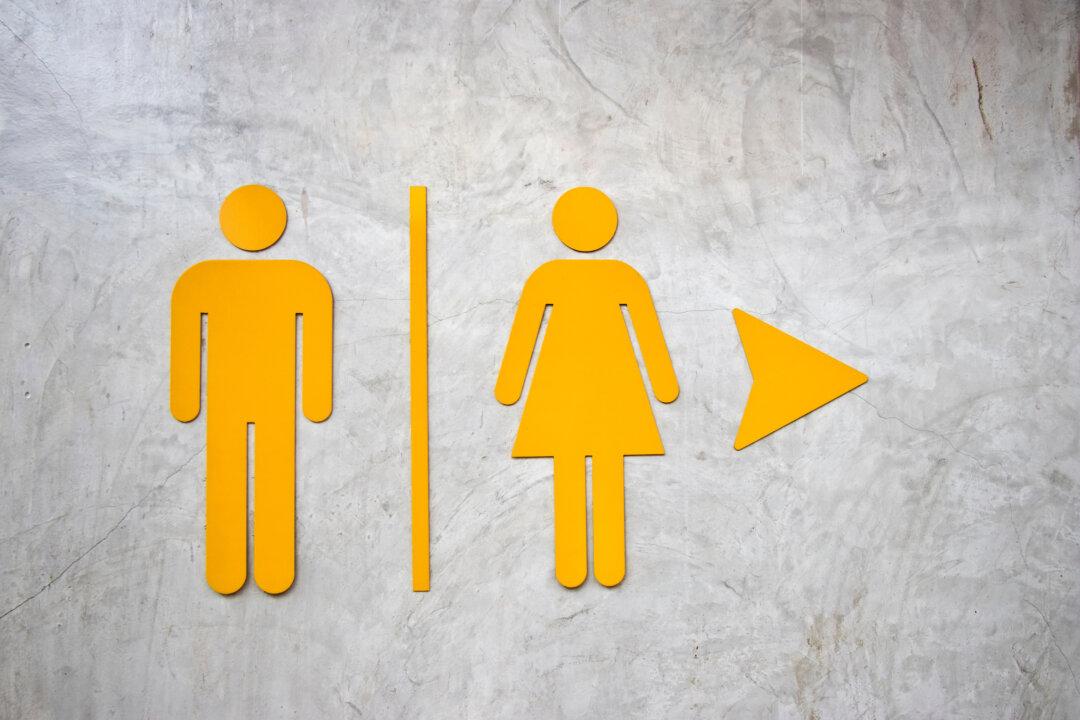“A wonderful, smart young woman” with a beautiful singing voice. That’s how Julie describes her 19-year-old daughter Eileen.
Four years ago, when her formerly “boy crazy” daughter announced that she wanted to have gender reassignment surgery, Julie was initially overwhelmed.







